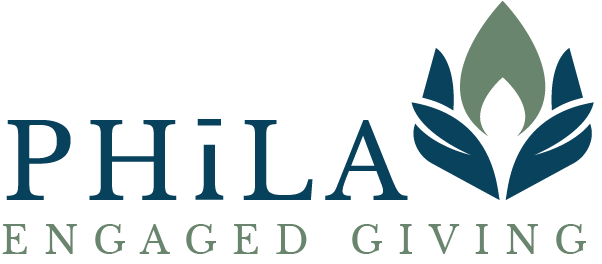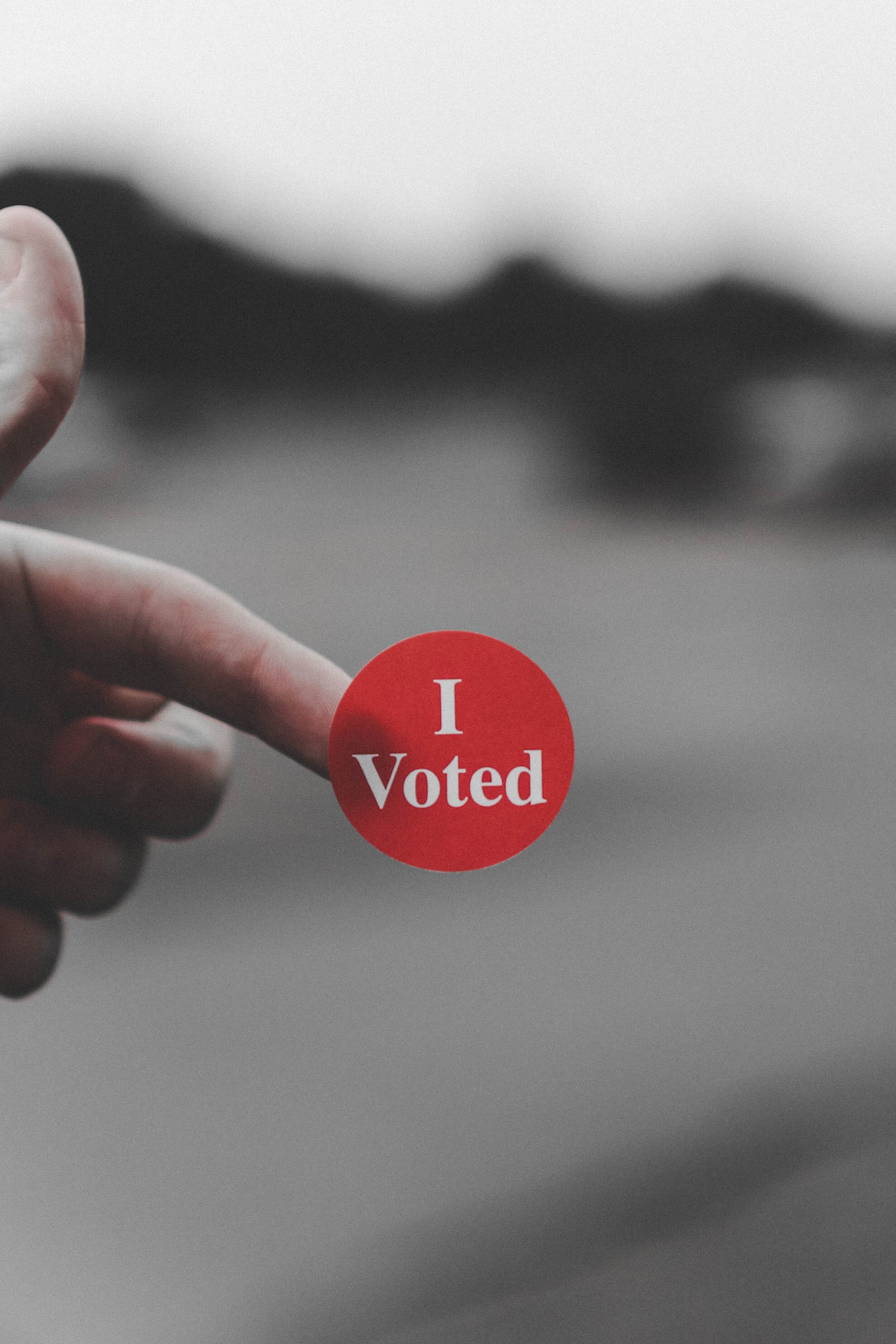by Stephanie Ellis-Smith
I’ve been reading a lot about what has become of all the pledges business and corporations made to racial justice and economic equality after the reckoning of 2020. According to one statistic, of the $50 billion dollars pledged, only $250 million was actually given. Yikes. While that stat is almost entirely about large corporations like JP Morgan Chase, Google, and others, smaller family businesses can take a lesson from it. Today, more than ever, the world is watching not just what you say, but what you do--or don’t do, as the case may be!
So how does a business make good on its desire to give back at a time of great need? This blog post offers a few ideas to help you get started. And of course, we are always happy to have a conversation, if you have specific questions.
First, some data to set the scene. A study published in the Harvard Business Review found that family businesses maintain high levels of corporate social responsibility (CSR) regardless of what the business environment is. Additionally, an impressive 81% of the world’s largest family businesses are engaged in philanthropy, which shows just how important CSR is to family enterprises.
Why do family businesses focus on philanthropy, corporate responsibility and giving back? Here are three key reasons:
To attract talent: millennials, as the largest generation, and Gen Zs moving into the workforce, all want to work at places that contribute to the common good. It’s a great tool for employee engagement and retention.
To deepen family legacy: this one is really important. The desire for an owner to pass on the business within the family is a significant driver behind an organization’s philanthropic goals. Ernst and Young’s recent Family Business Philanthropy report indicated that family business owners with strong trans-generational intentions are particularly concerned about the well-being of future generations, and are therefore more motivated to address long-term social and environmental issues by engaging in philanthropy. And further, participating in philanthropy as a family (at home or in business) helps to keep the bonds of family strong over generations. Giving together publicly demonstrates a family’s core values and unites them behind a common cause.
To strengthen their voice: organizations with a clearly defined purpose, often exemplified by a philanthropic strategy, typically experience more growth, have higher customer satisfaction, and have a reputation as champions for their community. Philanthropy is increasingly a key component to a strong brand. Now that you have an idea of what motivates family businesses to do this work, we can talk a bit about how it can be done successfully.
First, start with WHY. As I always say to our clients, no one has to engage in philanthropy. Getting comfortable with doing a deep dive into motivations is key. What exactly are you looking to get out of it? Do you want to financially support some really incredible work that's already happening in your community? Do you want to engage your employees with volunteerism? These kinds of questions are important to ask yourself, because they will determine what type of nonprofit organizations you might work with, who should be involved, and what level of engagement will be necessary.
You can find lots of advice and advisors who will tell you how to develop a CSR program in a quick and easy fashion that has a big return on investment, but Phīla does not believe in shortcuts. In this day and age, insincerity and slapdash programming are easily detected and you could end up doing more harm than good to your business. Take your time to ask yourself the right questions.
Decide on your goal or vision. When deciding on where you will have impact, it is not enough to simply settle on the vision that your CEO or founder is partial to. Vanity projects will only get you so far. Instead, create a thoughtful and intentional process that brings together family, customers, and employees to determine which issues lie at the intersection of the business’s mission and the unmet needs of your community. Spending time on deciding how the values the business espouses connect with your philanthropy will make it easier to make decisions in the long-run.
The objective of this exercise isn’t to arrive at a goal that sounds impressive. In fact, the simpler it is, the better. The goal is to arrive at a vision for your community that your company is best equipped to play a part in creating. The temptation is to jump right in to picking issues and organizations to support, but in reality, having a program you can be proud of and that has longevity requires learning about your community, listening for understanding from your stakeholders, and building trust. It takes time.
Don’t be afraid to take a stance. At this moment, during the ongoing uncertainty of the pandemic, a fragile political environment, and calls for racial justice growing by the day, taking a stand means it’s likely that you won’t make everyone happy. The company must be prepared to decide if it is okay with losing business from certain groups since taking money from those groups would run counter to its philanthropic values and strategy. Being consistent and knowing the issues at hand are as important as ever. A couple of examples of how businesses take a stand on issues important to them are restaurants that make public that they’re discontinuing their use of plastic straws and telling customers why; or retailers who actively reach stock suppliers of color and state why they find it necessary. You get the idea.
Establish mutually beneficial partnerships with nonprofit organizations by doing the legwork to understand your company’s role in the broader ecosystem surrounding that goal. Get to know the community on a deeper level and learn how the issue you care about has had an effect, past and present. Think about what you really want to get out of your relationship with the community. If it's a big employee-driven, social justice initiative that the company really wants to step into -- like what Starbucks or Patagonia did with their environmental focus -- then that affects the kinds of conversations you have with nonprofits. You're not going to be working with a small community-based organization. They don't have the wherewithal to respond, they don't have the data, the metrics that a marketing team is going to need or want to justify it. That's going to be your much larger, maybe national, organizations that can meet you eye-to-eye, head-to-head, and give you the types of things that you really need. Conversely, if you're looking to be embedded in a community, then that's a different kind of conversation with maybe smaller organizations.
Family businesses understand the need to partner with nonprofit experts on the issues they care about, and even more so if they are looking to engage with communities of color. It is important to ensure that these are not token partnerships, but authentic and mutually beneficial for both the business and the local partner. (For a deeper dive into embedding racial equity into corporate social responsibility, check out a webinar I participated in called Turning Statements Into Action.)
Kristin Jarrett, a community and social impact strategist at Booz Allen, advises large and small businesses to meet with nonprofit organizations and ask them about what big problems they are trying to solve and how you can help. She wisely suggests that businesses stepping into the social sector should plan to “do some backwards planning and create ideas around how you could collaborate to really support them (i.e., nonprofits) in their mission.”
Regularly check in on your progress. Philanthropy is an ongoing commitment to achieve a vision of justice or equity in partnership with one’s community. Build accountability into the process from the start. The same diverse group of stakeholders who help set the vision for the program can also set the metrics by which you’ll measure your performance. While there is no legal obligation to meet these metrics, relationships with stakeholders — especially employees and external communities — are regulated by trust. Continued failure to meet stated goals damages this trust and sours the brand. Better to not do it at all if you can’t dedicate real time and energy to this involved yet potentially very rewarding process.
In its best form, philanthropy in a family business environment is a healthy and mutually beneficial relationship between the business and the communities with whom they interact. The dynamic is also driven by the growing desire of socially-aware consumers and employees to do better for their stakeholders and the world at large.
As you consider embarking upon this work, you will no doubt find joy in connecting your family business with your community in new and meaningful ways.





